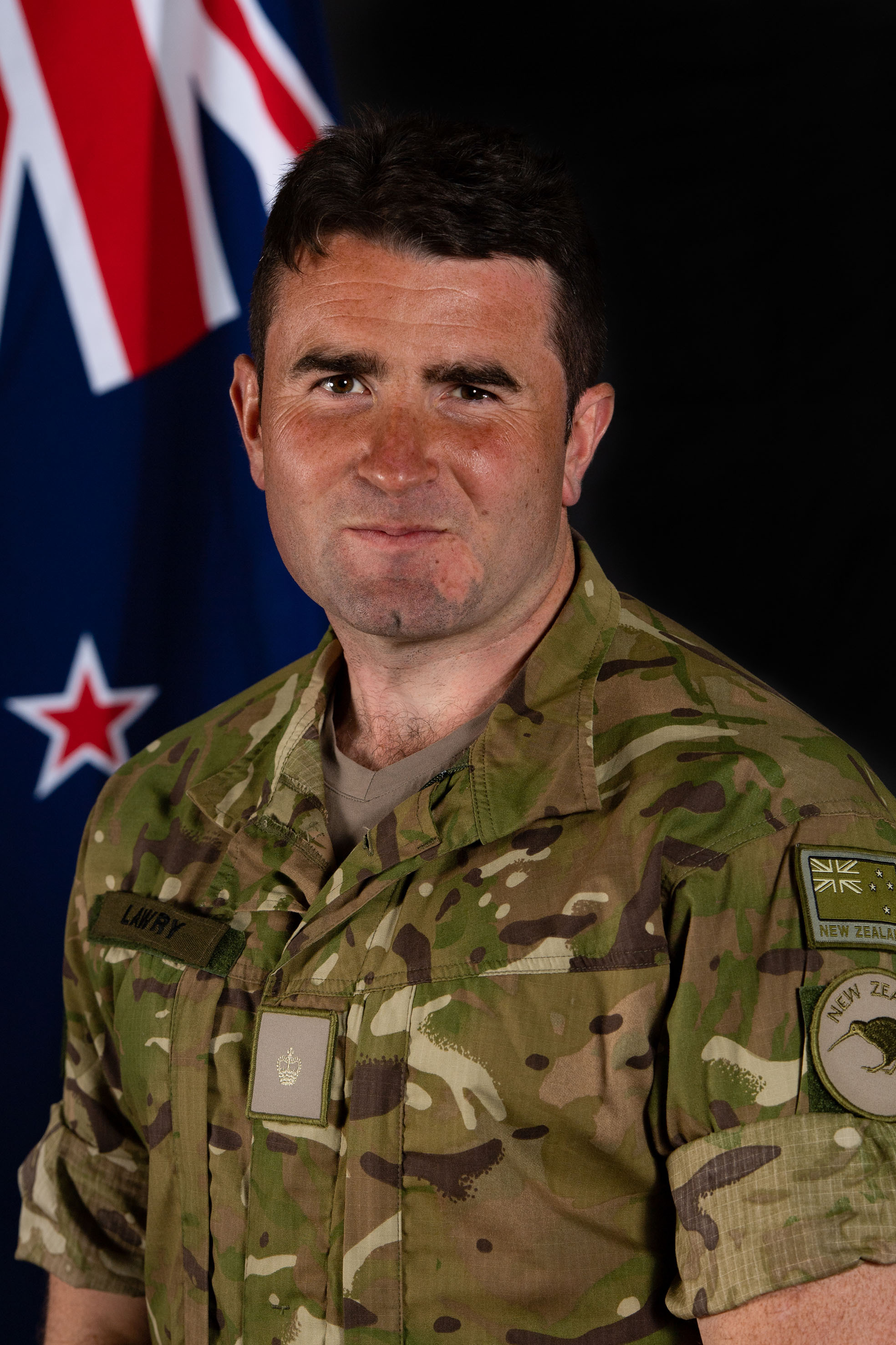Engineering a career in the military
16 Sep 2024
As a teenager, Michael Lawry (12971) was already eyeing a career in the military, attracted by the exciting mix of study, travel and unique experiences.
Today, he is Officer Commanding of 3 Field and Emergency Response Squadron for the NZ Army, based in Burnham, Christchurch. His Squadron provides engineering support to the Burnham-based units where he works, and provides emergency response to all NZ Army training.
Throughout his 17 year career, Michael has specialised as an Engineering Officer.
“The great thing about my job is the range of tasks involved from combat roles such as providing mobility by building bridges and explosive breaching to delivering counter mobility through constructing obstacles and demolishing bridges.
“We also provide a range of disaster relief work such as reconstructing cyclone damaged structures and purifying water. This variety was what attracted me to Engineers and it’s everything I hoped for,” Michael explains.
The early days in the Army were packed full of activities – dress and room inspections, and fairly extreme physical fitness sessions coupled with a lot of drill and ceremony.
Michael’s work has taken him to places near and far, including Australia, Iraq, the Middle East, and South Korea.
“I’ve really enjoyed working with our coalition partners around the world to achieve our missions. I’ve met an incredibly diverse group of characters, from stealth bomber pilots to captains of submarines, to some tough Papua New Guinean soldiers and hilarious Iraqi Bomb Disposal Officers. The range of people I have met and worked alongside is one of the best things in the job.”
Work has exposed Michael to a range of equipment and scenarios from experiencing an Iraqi sandstorm to parachuting into the ocean, firing sniper rifles, seeing fighter jets drop 2000lb bombs and calling in artillery strikes in training.
“There is no shortage of awesome opportunities.”
Michael says it has been insightful to work with evolving technology such as artificial intelligence and drones while significant advances in equipment and capabilities provide new approaches to achieving tasks.
His time in Korea is another highlight, researching the Korean War and planning the 70th Anniversary Commemorative Service to the Battle of Gapyeong.
“I was privileged to meet a number of veterans who fought in the Korean War. Being able to locate their fighting pits and hear their accounts of the battle is an experience I will never forget,” Michael recalls.
“Another interesting experience in Korea was locating an underground bunker in the DMZ (Korean Demilitarized Zone), about 800m away from a North Korean outpost. The bunker had probably not been visited for around 70 years and had a range of fighting equipment and personal effects in it.”
Michael readily admits there are the tough times too – long working hours, minimal sleep and some pretty austere conditions have provided challenges at times. Wintry nights training in Waiouru, and food and sleep deprivation exercises stand out as some of the more challenging situations.
Does he have any advice for young men and women considering the NZ Defence Force?
“Do it,” is Michael’s unequivocal answer.

